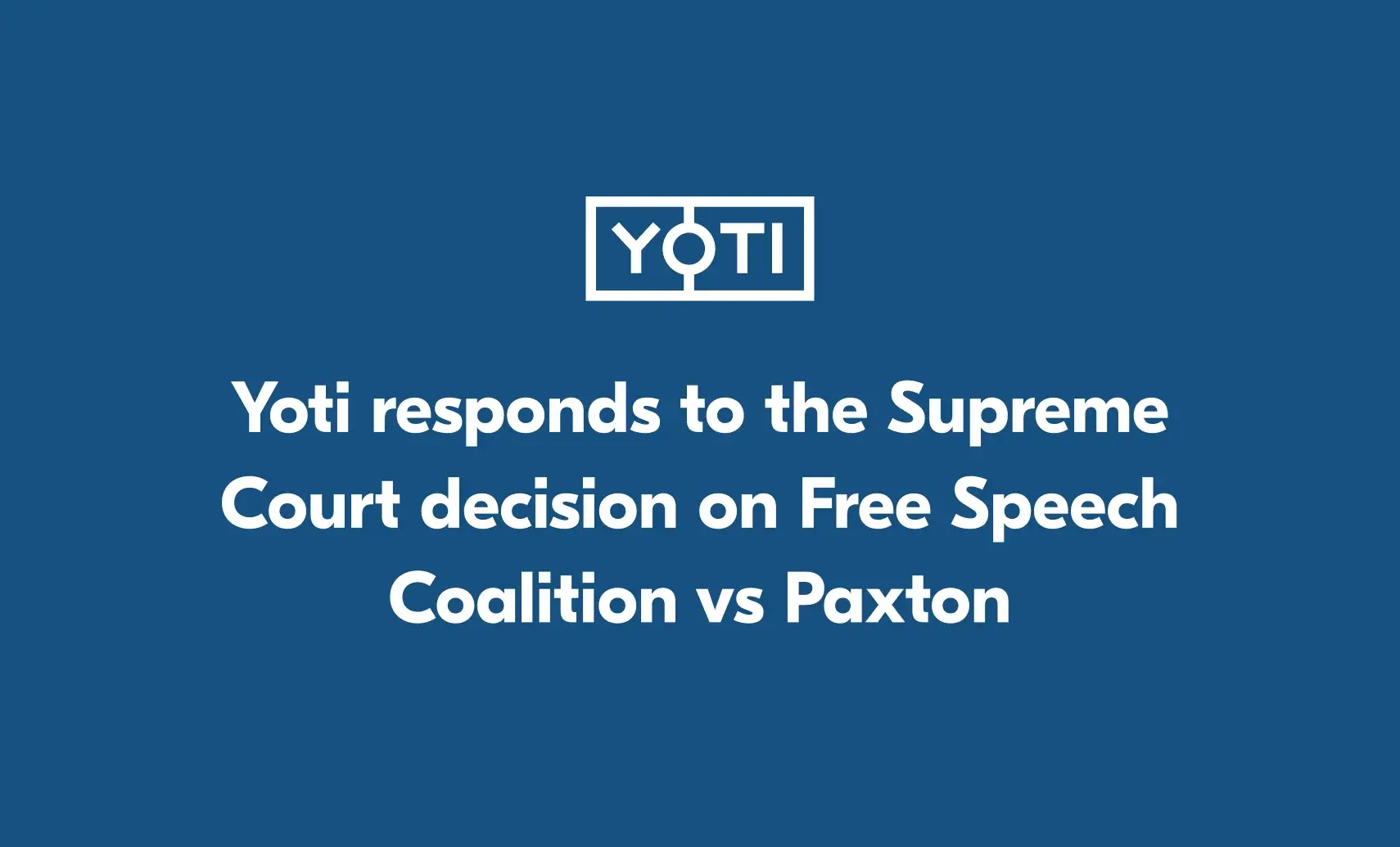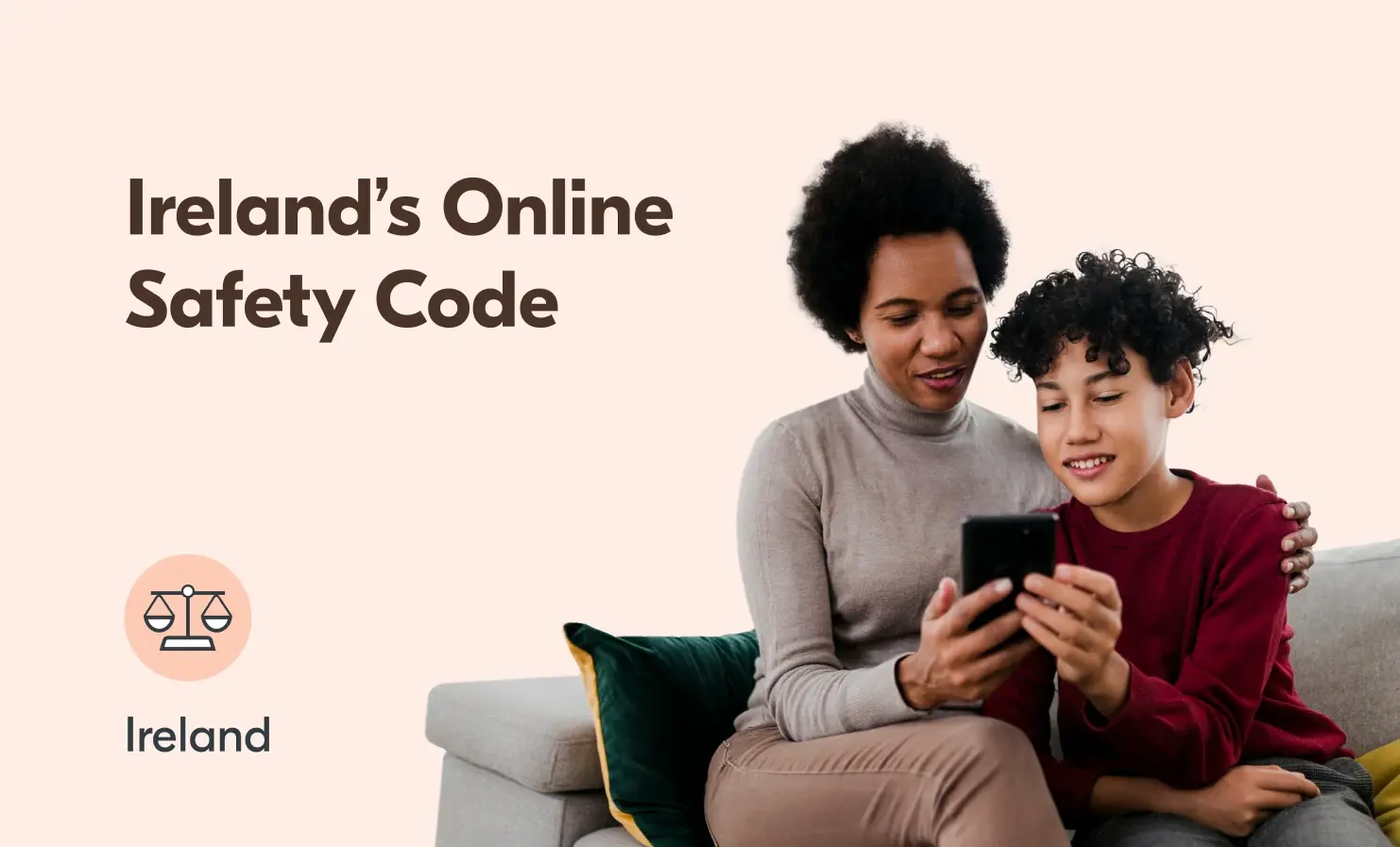Regulation
Updates to the UK MLRs have just changed the game for digital identity
For years, the UK has talked about digital identity as the key to faster onboarding, reduced fraud, better customer experiences, and stronger compliance. And yet, in much of regulated industry, the day-to-day reality has barely shifted. Why? Because compliance culture doesn’t move on optimism. It moves on defensible certainty. Until now, most compliance officers have been understandably risk-averse. Not because they dislike digital identity, but because they know what happens when a control fails: remediation programmes, supervisory challenge, awkward audit findings and reputational consequences. Even when the Joint Money Laundering Steering Group (JMLSG) referenced digital identity in June 2020,
A guide to Italy’s AGCOM new age verification regulations for adult content
Italy’s new AGCOM regulations for adult content, which come into effect on 12th November, emphasise two key points. The verifier must not know which platform or site for which the check will be used. The content provider must not obtain identifying personal data of the user, only a result like: ‘user is over 18’. This is known as the double blind method – ARGOM use the term double anonymity. Secondly, verification must be robust and each session, or visit, must be age-checked. ‘One and done’ age checks are not sufficient for repeat visits. Even if a user creates an
Italy’s new age verification regulation for online platforms
In May 2025, AGCOM, Italy’s Communications authority, adopted Resolution No. 96/25/CONS, which formally approves the rules for online age verification of users accessing adult content. Similar to the UK’s OFCOM and France’s ARCOM regulators, AGCOM requires websites with pornographic content to implement robust age verification checks for users to ensure they are over 18. All three regulations are designed to protect minors from accessing age restricted content. Italy’s AGCOM has specified two important requirements: Checks must be double blind – that is, age verification providers cannot see what platform is submitting the check, and the platform cannot see any
UK Government to formally recognise digital identities in new MLR guidance
In a major policy development, the UK Government has announced new guidance that will formally recognise certified digital identities as valid tools for complying with the UK’s Money Laundering Regulations (MLRs). HM Treasury and the Department for Science, Innovation & Technology (DSIT) made the announcement last month as part of a wider consultation response on Money Laundering Regulations. The public consultation had nearly 200 industry responses, from sectors including finance, tech, regulators and civil society. It aims to resolve longstanding uncertainty over how regulated firms can use digital identity services to meet anti‑money laundering (AML) and customer due diligence
The Supreme Court rules in favour of age verification
The question of whether states can require age checks on adult websites has reached a turning point in the US courts. In Free Speech Coalition v. Paxton, the case challenged Texas’s H.B. 1181 law, which required commercial websites that publish sexually explicit content to verify the ages of their visitors to prevent minors from accessing pornography. One of the big discussion points has been whether, in 2025, it is still too burdensome for US adults to prove age privately compared to 20 years ago – especially when privacy-preserving age verification tools have advanced significantly. The Supreme Court has upheld
Ireland’s Online Safety Code: what it means for online platforms and how to comply
What you need to know: Ireland’s Online Safety Code will hold video-sharing platforms accountable for keeping their users, especially children, safe online. Platforms with adult content, including pornographic or extremely violent content, must use age assurance to prevent children from accessing the content. These age assurance requirements come into force in July 2025. Platforms that don’t comply can face strong penalties – up to €20 million or 10% of annual turnover. From July 2025, video-sharing platforms in Ireland with pornography or extremely violent content will need to introduce age assurance to protect children from accessing their content.






